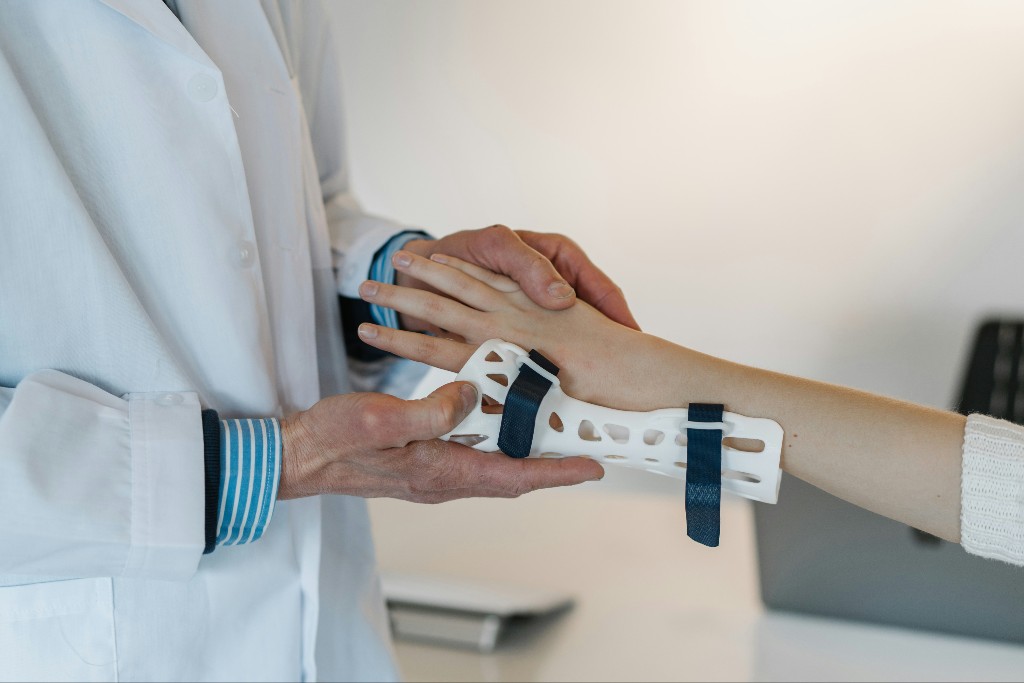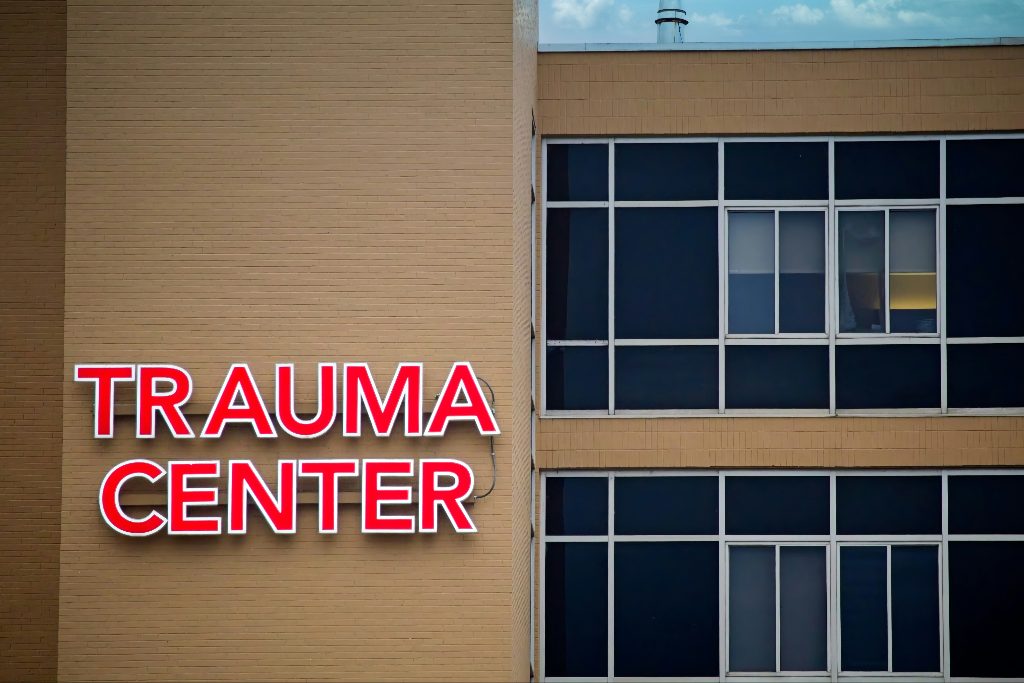Unfortunately, back pain is something that almost everyone will experience in their lifetime. With life’s physical demands in the workplace, whether it be lifting or even being in the office, back injury or discomfort is bound to occur.
This pain, when it occurs, can disrupt your daily routine, and although it may be painful, lower back pain episodes usually subside within 2-12 weeks following onset without surgical intervention.
What To Do?
When back pain arises, some patients are left wondering if back surgery is in their future and whether or not they need to consult with a surgeon right away. In most cases, lower back pain treatment begins with your primary care doctor, who often leads to referrals to chiropractors or physical therapists.
At your initial appointment with your primary care doctor, they may prescribe medications such as anti-inflammatories like Motrin to reduce pain caused by inflammation. In some cases, for severe lower back pain, narcotic drugs may be prescribed coupled with other therapy options.
If a chiropractor is suggested, the patient will most likely be recommended to have a spinal adjustment or other manipulation to correct the spine misalignment, which improves functionality as well as decrease pain.
Many times, patients begin to feel better with medications and other therapeutic therapies, and they can resume normal activities again. The use of physical therapy coupled with prevention education, can go along way to preventing future lower back injuries resulting in the need to be seen at the Atlanta Spine Center.
A conservative approach is most often the wishes of the patient as well as our doctors as we work to provide our patients with every nonsurgical outlet possible. If every outlet has been tried, a conservative care specialist may be asked to provide their services to the patient by providing rehabilitation or psychological care as a last resort before surgery.
Physiatrists play a vital role in treating musculoskeletal disorders, and many specialize in spine care alone. The role of a physiatrist in treating low back pain is often much the same as a cardiologist’s role in cardiac care or neurologist’s role in treating neurological disorders. Most patients with cardiac or neurological problems do not need surgery but do need specialized care if their condition is complicated or does not improve with general care. Many physiatrists work together with spine surgeons either in a spine center or within the local medical community.
When Lower Pain Back Pain Requires Surgery
At our Atlanta Spine Center, our orthopedic surgeons treat a variety of conditions, with one of them being lower back injuries. Lower back surgery is only performed when there is an anatomical correction that needs to be made. This could be the result of a pinched nerve or spinal instability. If symptoms align with the diagnostic scans, surgeons may suggest surgery. If diagnostic scans show no signs of an anatomic cause for the lower back pain, surgeons will suggest against surgery and direct the patient to other non-surgical options.
All patients should have the right to choose whether or not they elect to have lower back surgery. Still, in an emergency such as cauda equina syndrome or an abdominal aortic aneurysm, medical attention is required immediately. A qualified spine surgeon or neurosurgeon should thoroughly explain all of your treatment options to you and include you in every step of the decision making. Back surgery should not be entered into without careful consideration and being informed of all the information. Our doctors at AICA Orthopedics are highly skilled surgeons who pride themselves on educating our patients and including them in every decision along the way.
If lower back pain symptoms have caused you to miss out on activities that you once loved or hindered you from performing daily functions, contact our team of doctors to learn more about pain management and treatment options that are right for you. Contact AICA Orthopedics today at (404) 855-2141 for an appointment.





